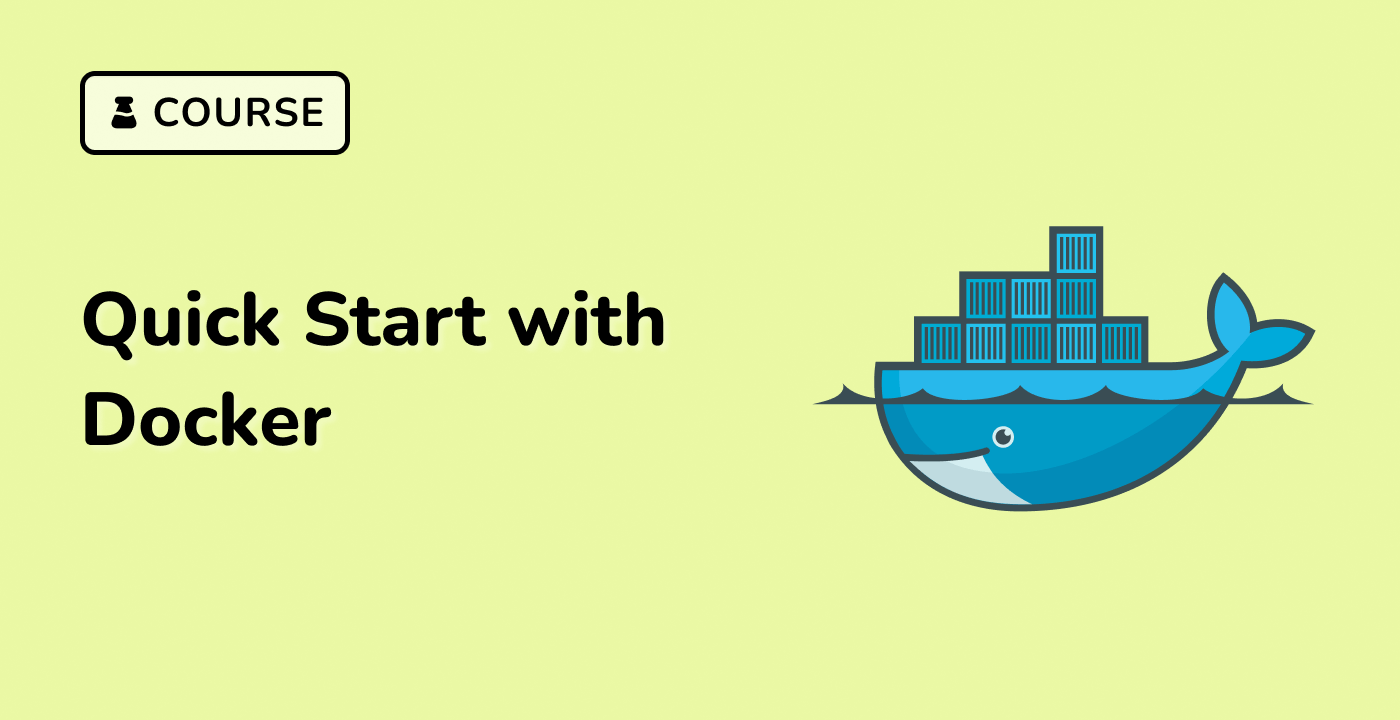Docker Compose Essentials
Introduction to Docker Compose
Docker Compose is a powerful tool for defining and running multi-container Docker applications. It allows developers to use a YAML file to configure application services, networks, and volumes, simplifying the process of container orchestration.
Core Concepts
Docker Compose enables you to:
- Define multi-container applications
- Manage container dependencies
- Configure application environments
- Scale services easily
Basic Docker Compose Workflow
graph TD
A[Write docker-compose.yml] --> B[Build Containers]
B --> C[Start Services]
C --> D[Manage Containers]
Sample Docker Compose Configuration
version: "3.8"
services:
web:
image: nginx:latest
ports:
- "80:80"
database:
image: postgres:13
environment:
POSTGRES_PASSWORD: mysecretpassword
Key Configuration Parameters
| Parameter |
Description |
Example |
| version |
Compose file version |
3.8 |
| services |
Define application containers |
web, database |
| image |
Container base image |
nginx:latest |
| ports |
Expose container ports |
"80:80" |
| environment |
Set container environment variables |
POSTGRES_PASSWORD |
Practical Example: Running a Web Application
To deploy a multi-container web application on Ubuntu 22.04:
## Install Docker Compose
sudo apt update
sudo apt install docker-compose
## Create docker-compose.yml
touch docker-compose.yml
## Start services
docker-compose up -d
This approach demonstrates how Docker Compose simplifies container orchestration for multi-container applications, providing an efficient method for managing complex development environments.




